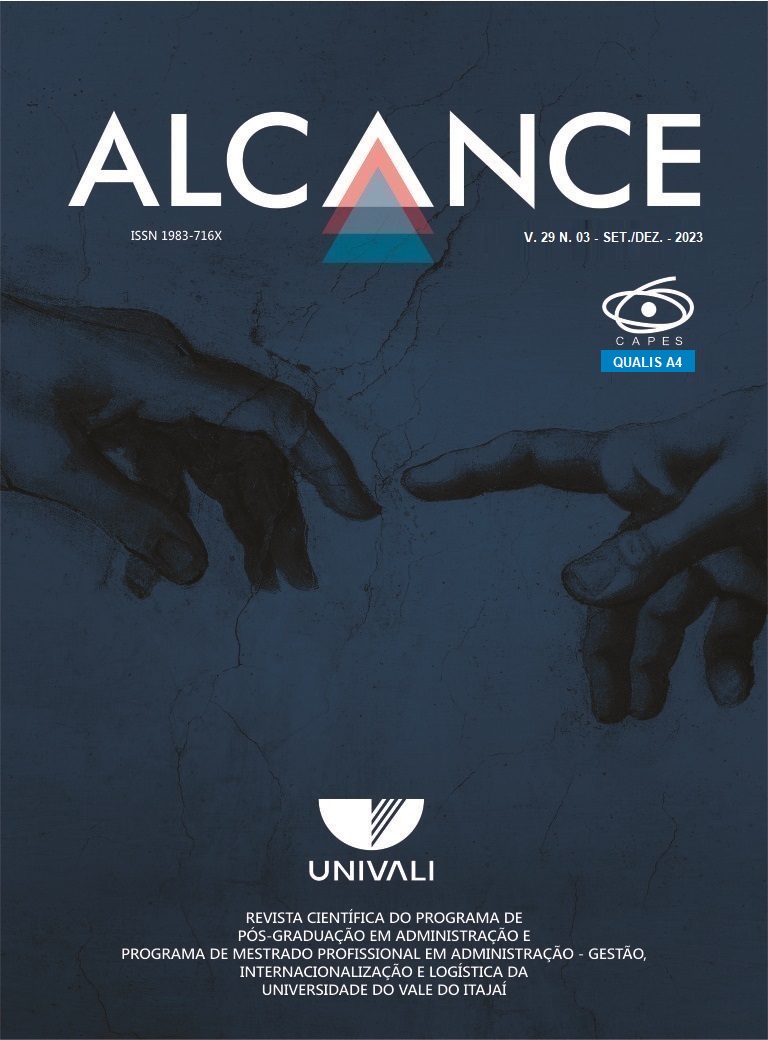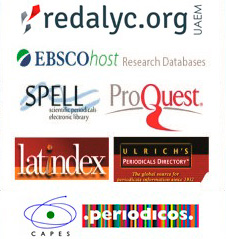EXPULSION AND CONTROVERSY! THE CRISIS MANAGEMENT OF A REALITY PARTICIPANT
DOI:
https://doi.org/10.14210/alcance.v29n3(Set/Dez).p281-294Keywords:
Big Brother Brazil, Crisis Management, ; Image Management, Engagement, Digital InfluencersAbstract
Dilemma: The dilemma focuses on the strategies adopted to manage the crisis of a digital influencer participating in a reality show.
Educational objective: The case was designed to discuss the importance of how fast and effective actions, in the communication and analysis of data from social media, have an impact on detouring the image problem and stimulating billing and engagement after the reality show.
Context: This teaching case focuses on the story of a reality show participant, broadcast on Brazilian television, who went through a serious image crisis on the last day of the program.
Main topic: Crisis management in social media.
Audience: The use of the case is indicated for undergraduate courses in Administration and Marketing, Advertising and Public Relations, as well as specialization courses in different themes of marketing management and crisis management.
Originality/value: At the end of the discussion, the following learning objectives are expected to be achieved: (1) the relevance of using social networks to create reactive narratives in case of crises; (2) how quick reaction during the crisis impacted engagement; (3) how the actions taken during the program impacted the billing after the reality.
References
Gruber, D. A., Smerek, R. E., Thomas-Hunt, M. C., & James, E. H. (2015). The real-time power of Twitter: Crisis management and leadership in an age of social media. Business Horizons, 58(2), 163-172.
Falkheimer, J., & Heide, M. (2006). Multicultural crisis communication: Towards a social constructionist perspective. Journal of contingencies and crisis management, 14(4), 180-189.
Jin, Y., Liu, B. F., & Austin, L. L. (2014). Examining the role of social media in effective crisis management: The effects of crisis origin, information form, and source on publics’ crisis responses. Communication research, 41(1), 74-94.
Veja, Revista. (2019). Público pede expulsão de participante do BBB após ‘agressão’. Revista Veja. Recuperado em 20 setembro., 2020 de https://veja.abril.com.br/cultura/publico-pede-expulsao-de-participante-do-bbb-apos-agressao/
Vignal Lambret, C., & Barki, E. (2018). Social media crisis management: Aligning corporate response strategies with stakeholders’ emotions online. Journal of Contingencies and Crisis Management, 26(2), 295-305.
Zhu, L., Anagondahalli, D., & Zhang, A. (2017). Social media and culture in crisis communication: McDonald’s and KFC crises management in China. Public Relations Review, 43(3), 487-492.
Downloads
Published
Issue
Section
License
Copyright (c) 2023 Revista Alcance

This work is licensed under a Creative Commons Attribution 4.0 International License.
In this statement of responsibility, I/we certify that I/we participated in the preparation of the attached article, thus making my/our responsibility for its content public. I/we declare that we have not omitted any links or financing agreements between me/us and entities and/or institutions that may have an interest in the publication of this article. I/we certify that the article is original and the work, either in total or in part, or any other work of my/our authorship with substantially similar content, has not been nor will be sent in any format (printed or electronic) to another periodical while its publication is being considered by Revista Alcance. In this consent form, the associated authors give permission to Revista Alcance, in the case of approval by its Editorial Board, to publish the attached article in electronic copy in a regular edition of the journal and to load it to the database.

